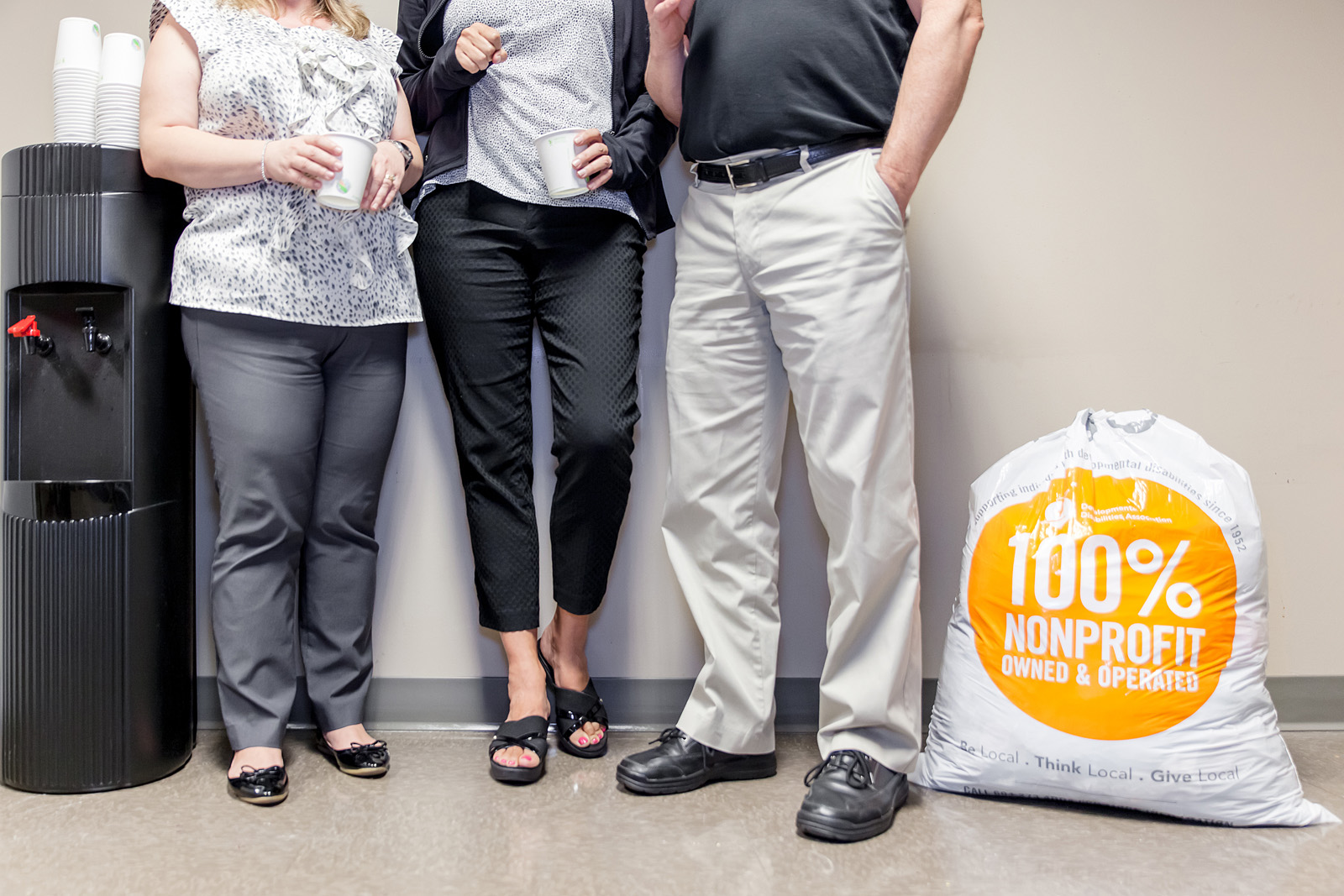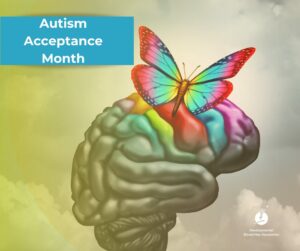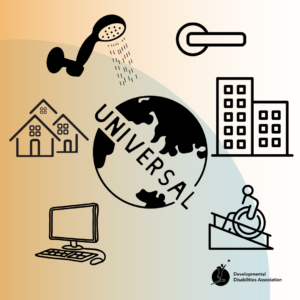The New Year is always full of predictions and new hopes for the future. Although we continue to have work from 2017 that still needs completion, we have great hopes for 2018 and what it might bring. In addition to health, happiness and the continued success of everyone associated with DDA, here’s our wish list (and part of our strategic plan) for 2018:
Increased staff wages:
Recruitment is our biggest challenge and that challenge is based on the very low wages negotiated in our last sectoral collective agreement, which expires in 2019. We are excited to be working with the Community Social Service Employer’s Association and the unions involved to increase our staff pay to a living wage. We will also be requesting a high level review of anticipated worker shortages in the social services sector over the next decade with a plan for how we can collectively keep the sector alive into the future. With baby boomers leaving the workforce, we need to determine where our workforce will be coming from and the training they will need to take care of the aging population who previously supported others but now need care themselves.
Equitable CLBC funding for our Region:
Based on population demographics, Vancouver is significantly under-funded compared to other regions in the province. This means that families and individuals with developmental disabilities don’t have the same access to supports (and inclusion) as their counterparts who live elsewhere. DDA has been lobbying for additional CLBC funding for the region ever since CLBC was created. Comparisons of funding distribution show that Vancouver is disadvantaged compared to all regions on a per-capita basis. We are hopeful this may get some attention this year since more Vancouver M.L.A.s are now in Cabinet, but families who are denied service need to demand their fair share of CLBC funding. CLBC needs to develop policies that ensure families have the same access to services regardless of where they live in the province.
An easier system for families to negotiate:
Between all the programs provided by the Ministries of Health, Children and Family Development (through a variety of agencies), Education (provided through school boards), Social Development and Poverty Reduction (income assistance) and CLBC (offering services through a variety of providers), families often get lost in the morass of referrals, procedures, eligibility requirements, and funding or spaces available. With each new bureaucracy, families have to tell their stories and yet another gate-keeper and, with high turnover in Ministries and service providing agencies, individuals often get lost in the shuffle. Yet another barrier to getting the support they need. There has to be a better way.
Four Liberal Cabinet Ministers of Health, Education, Social Development and Children and Families once signed an agreement to develop a more seamless, cooperative system of supports for families of special needs children, but it hasn’t happened yet. With modern technologies, families should be able to enter the disability-support system at any point along the age continuum and access different supports as their needs change.
Development of Adaptive/Assistive Technologies:
To support people with developmental disabilities to achieve greater independence, we have been exploring, experimenting and innovating in the area of technological supports at DDA for two decades now and this year we will be expanding our iPad and Assistive Devices services to adults at DDA while we continue to automate back-office functions to improve administrative accuracy and efficiency. The use of technology in the area of disabilities is just beginning – we need to discover where it can take us!
Of course, many of these issues have been outstanding for several years now and we know all these dreams will not come true in any single year, but there are opportunities for positive change that have not existed for a while and we intend to grab them!
By Alanna Hendren



